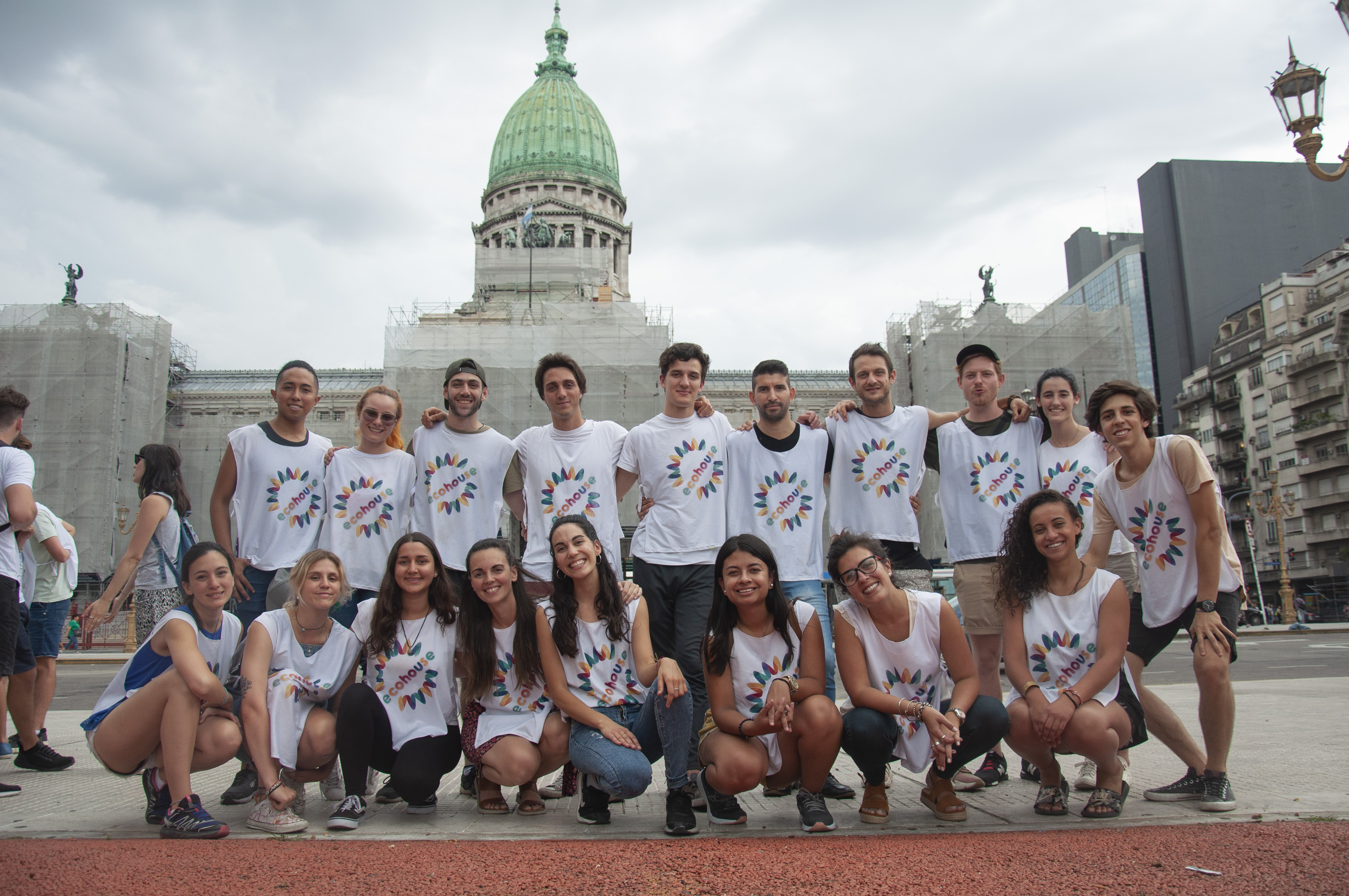Since 2005, the Upper Middle Rhine Valley World Heritage Association (Zweckverband Welterbe Oberes Mittelrheintal) is in charge of conserving and managing the World Heritage property of the Upper Middle Rhine Valley. It includes representatives from the 52 municipal authorities, 5 districts and the federal states of Hesse and Rhineland-Palatinate. The Association’s structure is divided into five bodies:
• a board in charge of day-to-day business on behalf of the Association;
• a secretariat working as a contact point for all municipalities, as well as dealing with the implementation of plans and projects;
• an Advisory Board, an interdisciplinary expert group providing advice to five specific themes - landscape and viticulture, architecture and urban development, tourism, city and regional economy, as well as art, light and architectural conservation;
• two permanent working groups, one focused on the safeguarding, maintenance and development of the cultural landscape, and the second one on tourism which is held in cooperation with providers of tourism services.
The Association meets twice a year to decide on the key planning and operational matters, including the annual budget and to ensure that the association's fields of action is in line with existing World Heritage guidelines.
The Association is a voluntary association established under public law as a corporation. It operates under the premises of shared agreement, which defines the members of the association and their roles in it and the operational framework of the association. Municipalities that are member to the association pay an annual contribution which amounts to € 0,50 per inhabitant (except for Koblenz which contributes with a lump sum of € 50.000).
• The structure of a formal association allows for major coordination between all stakeholders involved in the management and conservation of the World Heritage property of the Upper Middle Rhine Valley.
• The association offers a solid platform for the improvement of the governance of the site. Decision-making is widely shared among stakeholders particularly in relation to overarching managerial decisions such as financial allocation, budgeting and annual planning.
• Fixed contribution by all participating municipalities allows for improved medium- and long-term financial planning for day-to-day activities as well as for specific projects and programs .
Ich weiß nicht, warum das gelb markiert ist ? Da müsstest du noch einmal nachfragen
